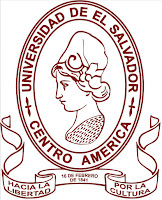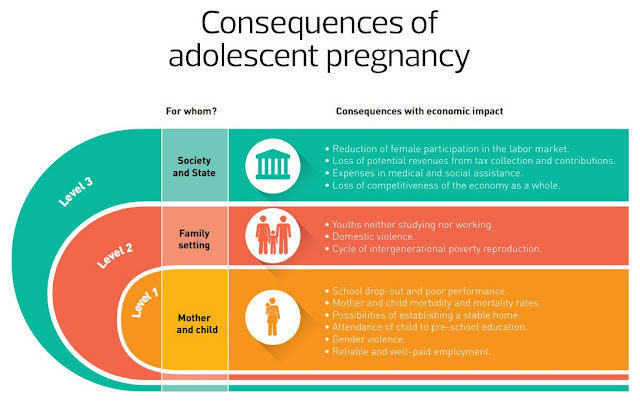Government fails to keep promises to El Salvador's 183 year old public university

February 16 is the 183rd anniversary of the founding of the University of El Salvador . The University, known locally as either "the National" or "UES," is the oldest and only public university in El Salvador. The UES enrolls more than 50,000 students at its central campus in San Salvador, with additional students taking classes at 3 small locations around the country. Today, however, the university is struggling as the government fails to deliver millions in budgeted funding and usurps university facilities for other purposes. Throughout much of its 183 years the University has had a precarious existence. During the turbulent 1970s and the civil war of the 1980s, the school was shut down for years at a time as the military governments saw students and faculty as left-wing agitators. In 1986, the earthquake which hit San Salvador damaged much of the university infrastructure. Following the civil war, the university gradually got back on its fe...







